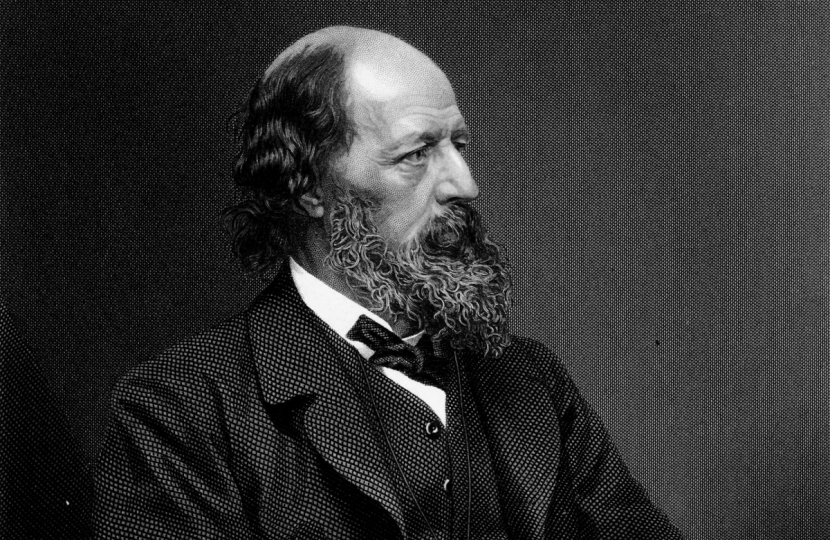
A short collection of delightful and inspiring poems to assist seasonal reflection and joy has been published by Richard Harries, the former Bishop of Oxford who is now a crossbench member of the Lords.
Alistair Lexden’s review of the book is attached.
***
This is a wonderful little book. Great spiritual wisdom is to be found in its 184 pages, expressed in beautiful English of crystal clarity. It is not necessary to be a practising Christian to draw inspiration and comfort from it.
Its brevity is the key to its success. Richard Harries, the well-known theologian and former Bishop of Oxford who is now a prominent advocate of human rights on the cross- benches in the Lords, has included carefully selected passages from longer poems. Only the shorter ones appear in their entirety.
This ensures the reader does not stray from the essential spiritual insights that the poems convey. They are underlined in the succinct commentaries that Lord Harries has attached to them.
These commentaries also recall the careers of the poets themselves in a few vivid sentences.
So many of these poets endured trouble and hardship in their lives. Yet so much of their work celebrates the joy and glory of the world that God created.
A poem is provided for each of the 40 days of Lent, followed by 10 more for Easter Day, the high point of the Christian year, and the days that come immediately after it. Each one is by a different poet.
As in all the best anthologies, old favourites mingle with less well-known work. I was glad to encounter once again Tennyson’s In Memoriam, written in Cambridge on the death of a young friend.
It provides such powerful assistance in helping us in our recurrent struggles to come to terms with the loss of those we love.
“Forgive my grief for one removed
Thy creature I found so fair
I trust he lives in thee.”
The Victorians regarded death as a sacred event. How foolish we are in this generation to treat it with shuffling embarrassment, often bidding farewell to those who we cared for in scruffy crematoria.
The Church itself can set a shocking example. In 2020 the London diocesan authorities effectively drove a priest, whom I had loved briefly in Cambridge long ago before his ordination, to suicide through their failures in handling false allegations of sex abuse. In these poems I rediscovered the compassion, which is at the root of the Christian faith, but which the Church today sometimes forgets.
Some memorable poems come from those who are not famous. I had never heard of The Quality of Sprawl by Les Murray, a down-to-earth Australian poet who died three years ago. Richard Harries explains that the poem “makes me smile and rejoice” because it is “about rejecting what the world counts valuable, smart or fash- ionable”. Murray makes his point amusingly in a number of ways. He begins with a man who “cut down his Rolls Royce into a farm utility truck”.
The collection ends with an extract from TS Eliot’s Four Quartets with its haunting words on the mystery of human existence:
“And the end of all our exploring
Will be to arrive where we started
And know the place for the first time.”
Images of so many different kinds are to be found in these poems, adding to the pleasure of reading them and the stimulus to be derived from them.
This book is a gem. As Richard Harries states in his introduction, through these poems we are able “to see something of God everywhere”.

